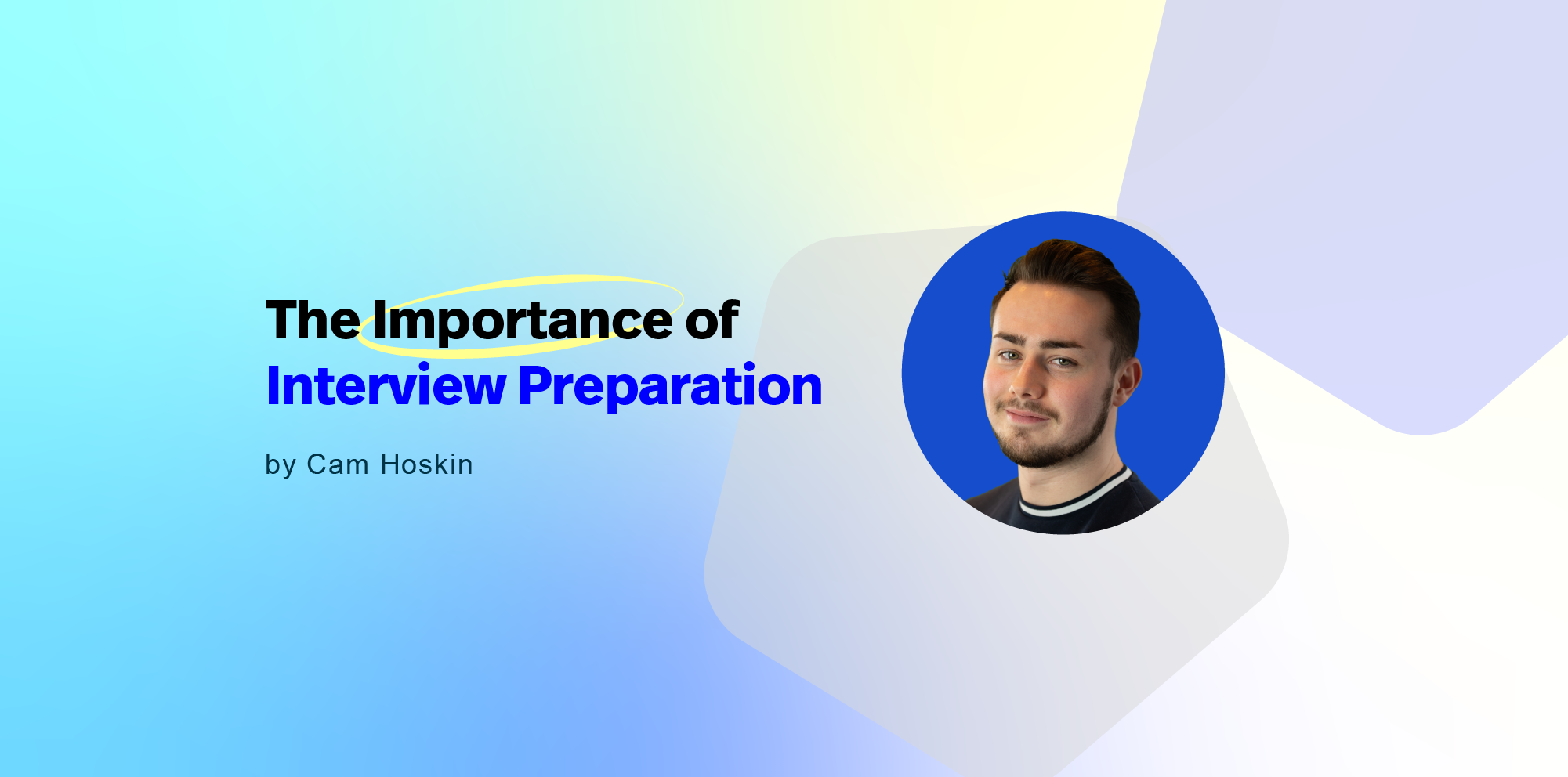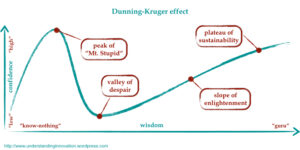 Written By: admin | Posted On: 06-17-2024 |
Category:
Community
Written By: admin | Posted On: 06-17-2024 |
Category:
Community
The Importance of Interview Preparation
“By failing to prepare, you are preparing to fail.” – Benjamin Franklin
A few months ago, I wrote a piece on how to create a CV that stands out in a highly competitive market. The point I made still stands: the landscape is fiercely competitive, and standing out is imperative. Landing interviews at top companies is challenging, so it’s pivotal that you can leave a lasting (positive) impression.
Research the Company
“Research is to see what everybody else has seen, and to think what nobody else has thought.” – Albert Szent-Györgyi
First and foremost, you should build your own ICP (Ideal Company Profile) and only pursue opportunities that align with what you’re truly interested in and passionate about. The reality is, that you’re not going to enjoy researching a company you’re not that interested in, so it’s crucial to understand the importance of interview preparation. Your ICP framework can be as extensive or as basic as you like. An example would be:
- Company size: 0 to 200 employees
- Funding: Series A – B
- Tech: Data & Analytics
- Buying community: Business and Technical personas
- Industry focus: Mid-market
By researching a company, I don’t mean just spending 15-30 minutes navigating the website. People tend to default to the path of least resistance, so the vast majority of people you’re competing with will be doing exactly this, often resulting in the Dunning-Kruger effect. Now, I’m not disputing that the website is a great information source. It’s arguably the best and should be your primary source, but not your only source. By researching the company, I mean truly understanding the product, people, partners, and purpose; their competitors, the ecosystem they operate in, and the industries they sell to.
Here are a few tools that can help build a holistic view:
- Crunchbase: Funding and investor information
- ChatGPT: Request company breakdown and run a competitor analysis
- LinkedIn: Look at the leadership’s background, the hiring manager’s background, and the type of people they’ve already hired
- YouTube: Check if there are interviews, marketing materials, and product demonstrations
- G2: What the customers are saying about the product
- RepVue: What the average attainment/compensation is for reps
- Glassdoor: What the culture is like
- Google: Search “Company name” AND Awards: Recent accolades you can reference
The more you learn, the less you know. By building this qualification/research framework, you will be entering your interviews with confidence and will naturally ask deeper questions that demonstrate your due diligence. Hiring managers will notice your confidence, research, and attention to detail, which are all key hiring traits! Treat these interviews as you would a meeting with your customer; I’d like to hope you’re always well prepared.

Understand the Role
It’s critical that you truly understand the role you’re pursuing and therefore the importance of interview preparation.
Take the necessary time to analyse the job description to not only grasp the responsibilities but also the skills and qualifications the company is looking for. During the interview process, tie this back to your experience and provide examples when and where you can.
More often than not, hiring managers need people who can ramp up quickly. You can demonstrate your suitability and how transferable your skills and domain knowledge are if you know their buyer, industry ICP, sales motion, etc.
If you’re working with a headhunter, ask them about the backstory of this role – is it a replacement, due to growth, new territory, new segment? If you understand where you sit in the business and how the opportunity came about, you can tie this back to experience you may have.
To take a proactive approach, look at the people they’ve hired in the same or a similar role. Reach out to someone at the company to understand their perspective and heed any advice you can take into the interviews.
The Interview Process
During the interview process, the company will naturally be qualifying you. Begin to prepare for the types of questions that are typically asked:
- What has your performance been like? – Know your numbers!
- Can you tell me about your background and experience in sales?
- Can you walk me through your sales process?
- How do you identify and qualify potential leads?
- What strategies do you use to close a deal?
- How do you handle objections from potential clients?
- Can you provide examples of meeting or exceeding your sales targets?
- Describe a particularly challenging sale you closed. What made it challenging, and how did you succeed?
- What has been your biggest sales achievement to date?
- Why are you interested in working for our company? – Your motivation for change is SO important. Companies place a lot of emphasis on this. If you tell a hiring manager your only driver for change is a bump in pay…it’s not going to be received well.
The Basics
We’ve placed thousands of candidates, which naturally come from thousands of interviews. I feel like most of these points go without saying, but I’ve been unpleasantly surprised a few times…
- Dress to Impress: First impressions are very important. Look smart and sharp.
- Eliminate Distractions: Choose a quiet, well-lit space for your interview, free from potential distractions like noise, pets, or other people.
- Arrive Early: Aim to arrive at least 10-15 minutes before your scheduled interview time to show punctuality and to settle in.
- Body Language: Maintain good posture, make eye contact, and use positive body language.
- Active Listening: We have two ears and one mouth for a reason. Pay close attention to the interviewer’s questions and comments. Take a moment to think before responding to ensure your answers are thoughtful and relevant.
- Be Honest: Answer questions truthfully and transparently. If you don’t have experience in a certain area, be honest about it.
- Sale Cadence: Send a thank-you email within 24 hours to express your gratitude for the opportunity, reiterate your interest in the position, and briefly summarize why you’re a great fit.
Treat your interview process like a sales process!
By Cam Hoskin
